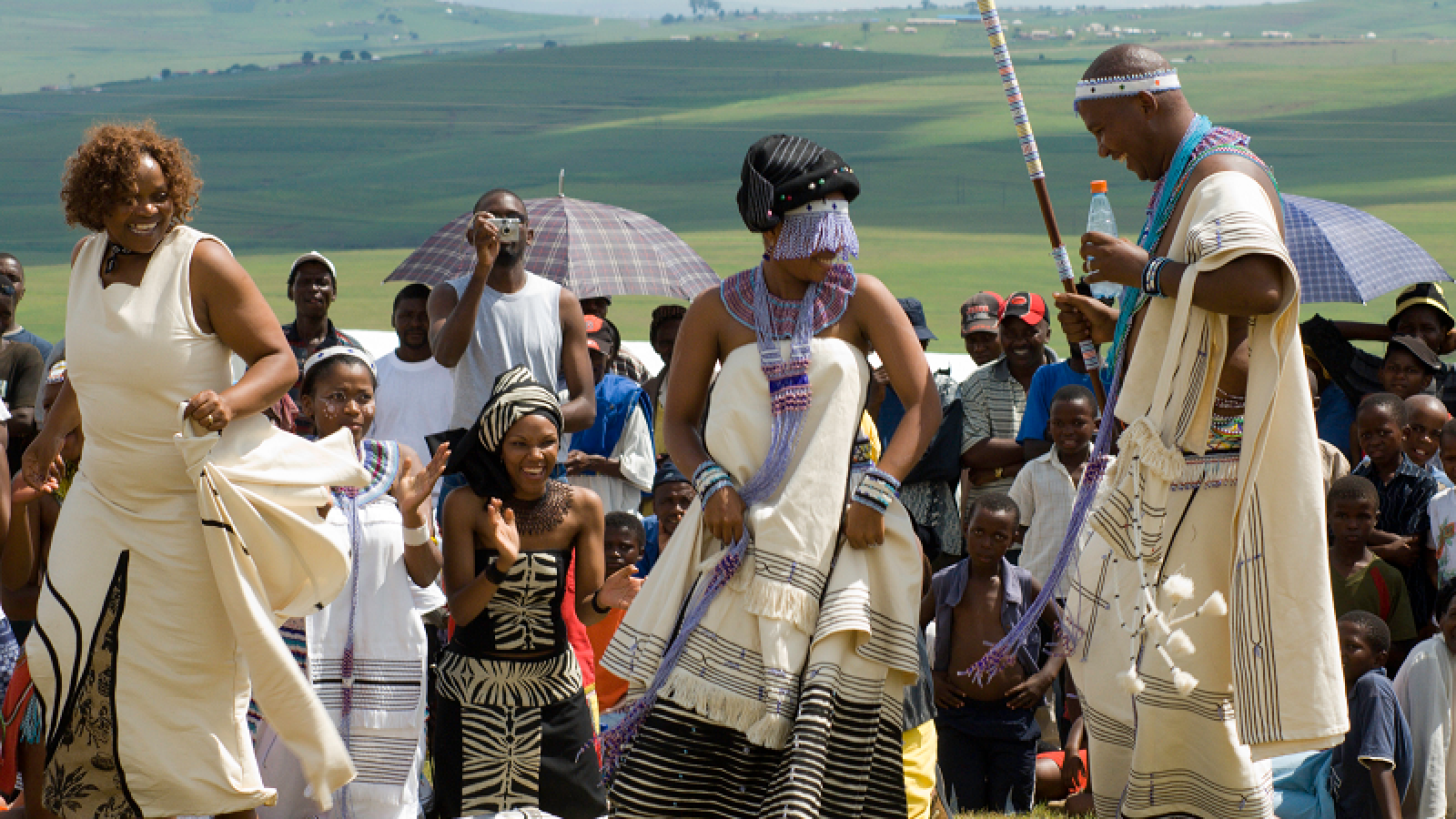Customary marriages are a vital part of South Africa’s diverse cultural heritage. While rooted in tradition, these marriages are also subject to the laws of the country to ensure their validity and protect the rights of the parties involved. The Recognition of Customary Marriages Act 120 of 1998 (the “Recognition Act”) establishes the framework for what constitutes a valid customary marriage and places these unions on equal legal footing with civil marriages. Understanding the legal requirements and procedures that govern the validity of customary marriages is essential, not only to honor cultural traditions but also to secure the legal protection such marriages provide.
Key Legal Requirements for a Valid Customary Marriage
For a customary marriage to be legally recognized in South Africa, the following conditions must be met:
- Age Requirement: Both prospective spouses must be at least 18 years old.
- Consent: Both spouses must consent to be married under customary law.
- Customary Negotiations and Celebration: The marriage must be negotiated and concluded in accordance with customary law practices. This means that traditional customs related to the marriage must be observed, which typically includes negotiations between the families, agreement on lobolo, and the handing over of the bride.
Let’s break down these critical elements that define the validity of a customary marriage.
1. The Foundation of Validity
The Recognition Act establishes that both spouses must be of legal age (18 years or older) and must provide their free and informed consent to marry. This is a straightforward requirement, aimed at aligning customary marriages with constitutional protections around individual rights, particularly those relating to gender equality and freedom of choice.
Mayelane v Ngwenyama (2013)
The Constitutional Court in Mayelane v Ngwenyama reinforced the need for consent in customary marriages, particularly when it comes to polygynous marriages. The court held that the first wife’s consent was required when her husband sought to enter a second customary marriage. This case established a clear precedent for protecting the rights of all parties within customary marriages, particularly women.
2. Negotiation and Celebration in Accordance with Customary Law
One of the most complex aspects of ensuring the validity of a customary marriage lies in adhering to traditional practices. These include negotiations between the families, agreement on lobolo (bridewealth), and the handing over of the bride to the groom’s family. Each of these elements carries significant cultural meaning and serves to unite not just the couple but their extended families as well.
Family Negotiations and Lobolo
A customary marriage is not merely a union of two individuals; it is a family agreement. As such, representatives from both families must be involved in negotiations that confirm the marriage arrangement. One key element of this is the negotiation and agreement on lobolo, or bridewealth. Although traditional practices around lobolo have evolved — particularly with urbanization and the shift from cattle to cash — its importance remains central to the validity of customary marriages.
Maluleke v Minister of Home Affairs (1999)
In this landmark case, the court emphasized that a valid customary marriage requires family involvement. The judgment reinforced that the marriage must be negotiated between the two families, solidifying the importance of family consensus as part of customary law.
The Handing Over of the Bride
Another key element of customary marriages is the handing over of the bride to the groom’s family, which serves as a symbolic gesture indicating her integration into the new family. While modernization has altered the formality of these ceremonies, courts still recognize the importance of this practice in determining the validity of a customary marriage.
Motsoatsoa v Roro (2011)
In Motsoatsoa v Roro, the court dealt with the issue of whether the formal handing over of the bride is required for a customary marriage to be valid. The court ruled that although formal ceremonial practices may evolve, there must still be evidence that the bride has been accepted into the groom’s family, as this is a crucial aspect of customary law.
3. Registration: Not Mandatory, but Recommended
Although registration of a customary marriage is required by the Recognition Act, failure to register does not invalidate the marriage. According to Section 4 of the Act, customary marriages must be registered within three months of their conclusion. However, even unregistered marriages are still legally valid, as long as all customary law requirements have been met.
Ndlovu v Mokoena (2012)
In this case, the court held that improper registration of a customary marriage does not affect its validity as long as the essential customary requirements have been met. The ruling highlighted the importance of meeting the substantive requirements of customary law over mere procedural registration.
Upholding Customary Law in the Modern Legal Framework
The Recognition of Customary Marriages Act ensures that the rich traditions of South Africa’s indigenous communities are respected and integrated into the country’s legal system. By meeting the legal requirements of age, consent, and adherence to customary negotiations and celebrations, couples ensure that their marriage is both culturally and legally valid.
The balance between tradition and modern law is delicate but essential. Customary marriages honor the past while providing couples with the legal security and equality guaranteed by the Constitution. Through a careful understanding of the legal and cultural framework, families can protect their rights and the authenticity of their traditions for generations to come.


Add a Comment